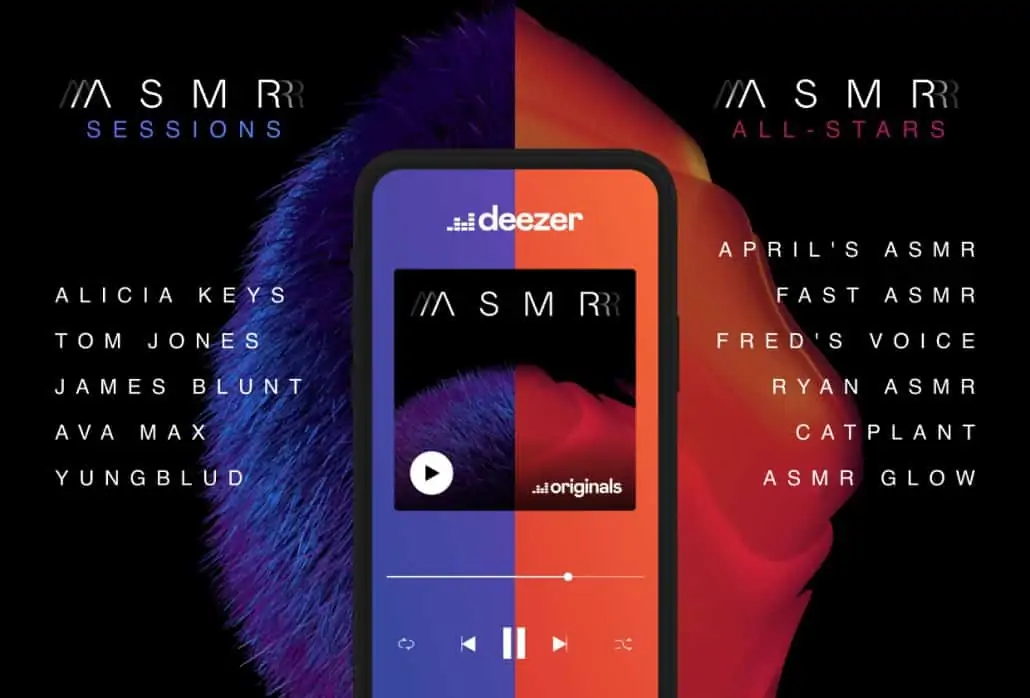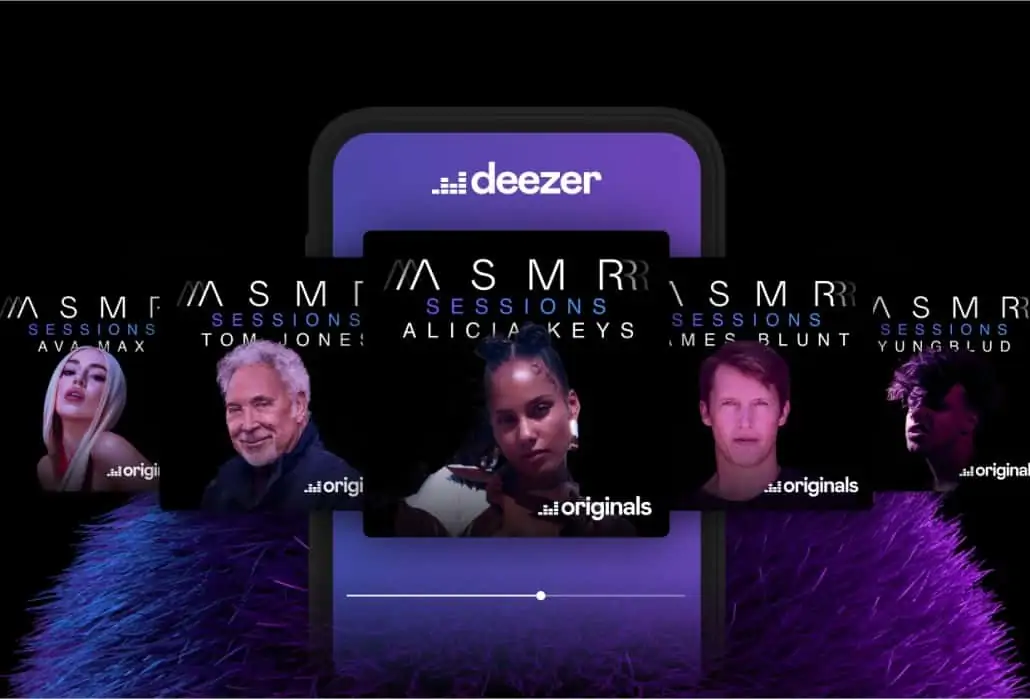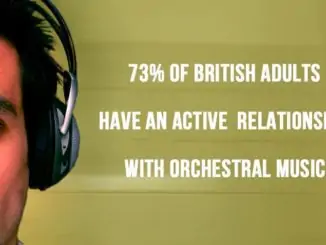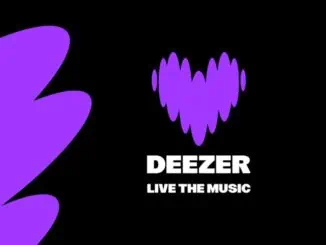
63% of Deezer users listen to ASMR content and 18% of these on a daily basis according to a global survey of 12,000 people commissioned by the streamer. The study explores how a wide range of factors including age, gender and nationality can influence ASMR listening. ASMR (Autonomous Sensory Meridian Response) is the tingly sensory reaction that some people experience when listening to gentle voices and subtle sounds.
Nigel Harding, Deezer’s VP of Global Artist Marketing said “ASMR content is becoming increasingly mainstream and Deezer has seen consumption of it increase by 248% worldwide since the start of 2020.”
The study found that breathing, scissor cutting and whispering are the 3 most popular ASMR sounds. It also found that ASMR sounds polarised listeners into those who found them relaxing and those who found them irritating.
The biggest reasons why fans love these brain-tingling sounds is to reduce stress (37%) or for comfort (35%). Over a quarter (28%) play ASMR content to help them sleep, while 21% use it to lift their mood. Gen Z were the only age group to pick entertainment as their biggest go-to reason for consuming ASMR content.
The sensations caused by ASMR are not the same for everyone. While a quarter of people (25%) had no physical or emotional reaction at all when listening to ASMR content, a similar number of respondents felt calm and relaxed (24%). People who listen to ASMR also report experiencing shivers, goosebumps or chills (11%) or tingles (14%). Incredibly, physical and emotional effects can stick with people for up to five minutes after the content finishes (24%).
Dr Craig Richard, the founder of ASMRUniversity.com, comments: “Feeling relaxed by hearing someone’s light breathing or subtle whispering means their close virtual presence brings you comfort. ASMR content may tap into our desire for safe, close, and personal connections.”
The survey respondents across six countries also reported very different perceptions towards ASMR content. The top perception in Brazil was that ASMR is ‘pleasant’ (29%) and for Mexico it was ‘intriguing’ (20%). In Germany and the USA, respondents think ASMR is ‘strange’ (18% and 14% respectively), while those in the UK & Ireland perceive it as ‘irritating’ (20%). Folks in France were most likely to have no feelings towards ASMR content (19%). Ironically, French was the preferred accent for ASMR content (21%). Respondents also preferred female voices (45%) to male voices (18%). Almost a third (30%) had no preference for gender.
Despite all these positive vibes, when listening to ASMR triggers, 19% felt annoyed or irritated. Baby Boomers were the most likely to get irritated when listening to triggers (28%), while Gen Z were the least likely (15%).
A small percentage of respondents who have previously engaged with ASMR content (4%) also said they ‘hate’ ASMR. A further 5% felt they ‘strongly disliked’ it, while 31% felt ‘neutral.’ So for those that don’t want to get wound up, it’s best to avoid chewing / eating (53%) and mouth (43%) sounds. They were voted as the most unappealing noises for ASMR.
Dr Craig Richard commented: “The data confirms people have a variety of responses and preferences for ASMR content. ASMR triggers and responses are similar to those of oxytocin, often called the love hormone. People could simply have genetic differences that influence their oxytocin response. Even factors like age can have an impact. It’s possible that a positive ASMR response could fade as we get older. It’s also possible that younger people are more likely to be positively introduced to ASMR content.”
Deezer’s study also shows that of those who have engaged with ASMR content before, 14% are not able to experience any physical or emotional reaction to ASMR content. However a quarter (25%) are able to experience a reaction within a few seconds and a further 37% feel something within a few minutes.
Deezer’s ASMR Sessions

Deezer has created a brand new channel featuring exclusive ‘ASMR Sessions’ from Tom Jones, Alicia Keys, James Blunt, Ava Max and YUNGBLUD who have transformed their hits using different ASMR styles. In the channel you will also find a wide range of ASMR content to suit both new and experienced listeners of the format, curated by Deezer’s Mood Editor. All the songs in these sessions are also available in 360 Reality Audio, for listeners with a Deezer HiFi subscription.
The Deezer Sessions track list
- Multi-Grammy award winning Alicia Keys showcasing a breathy version of ‘Fallin’ to help you feel soothed and relaxed
- Heartbreak icon James Blunt gently whispering the classic ‘You’re Beautiful’ to a backdrop of calming nature sounds
- Living legend Sir Tom Jones who gives a surprisingly mellow rendition of ‘What’s New Pussycat?’ – a massive fifty-six years after it was first released
- Chart-topper Ava Max taking the dance beat of ‘Kings & Queens’ to a chilled beach and waves vibe
- Alt rock star YUNGBLUD’s intense version of ‘Parents’, with heartbeats and water drips for guaranteed goosebumps
You can listen to the ‘ASMR Sessions’ here,
For newcomers to this genre there is a ‘What’s your ASMR Level?’ quiz to help pinpoint how much ASMR you can really handle. You’ll then get a personal recommendation for which ‘ASMR Session’ track suits you best. Will it be Tom Jones purring or Alicia Keys breathing that gives you that tingly feeling?




